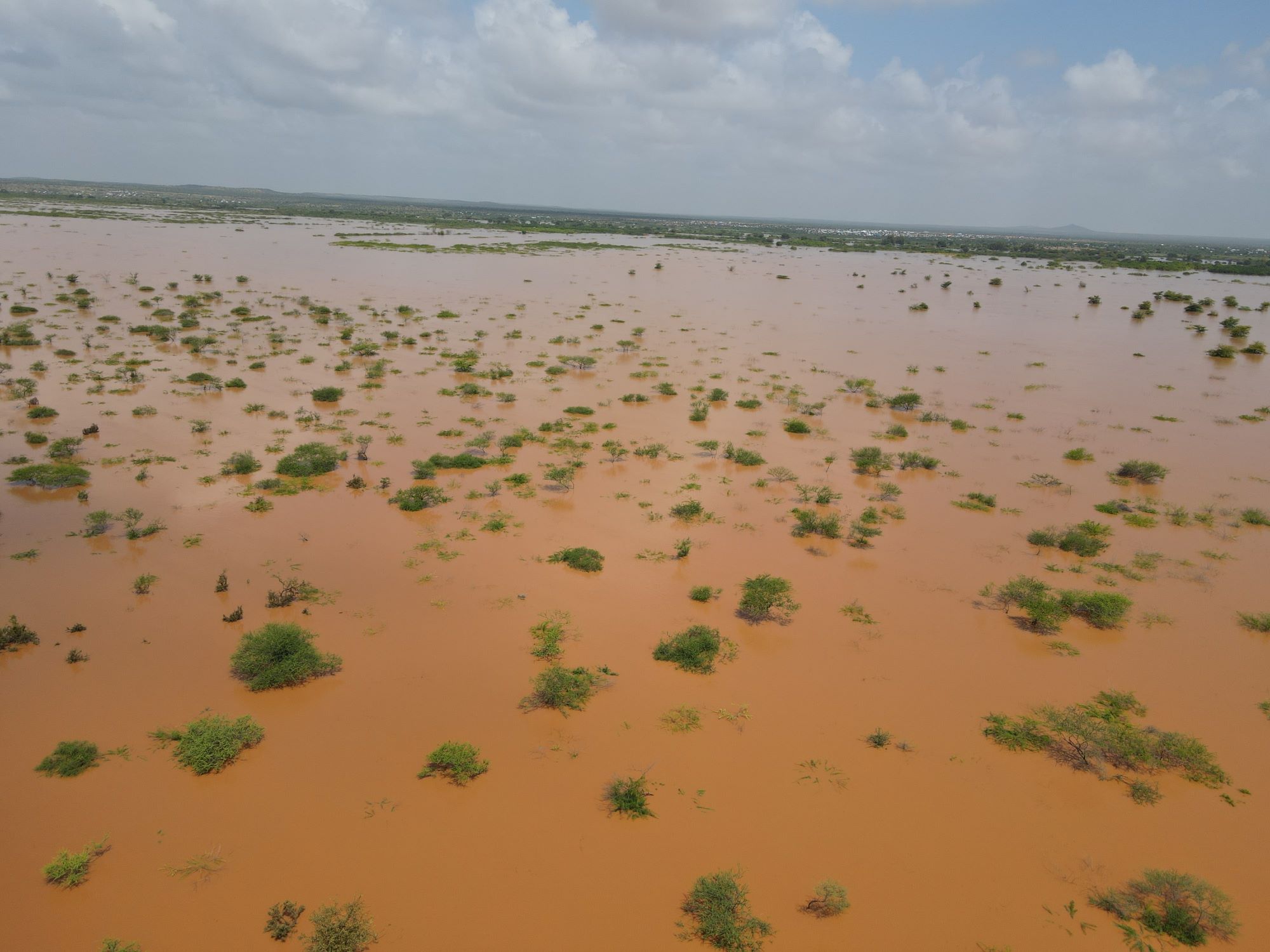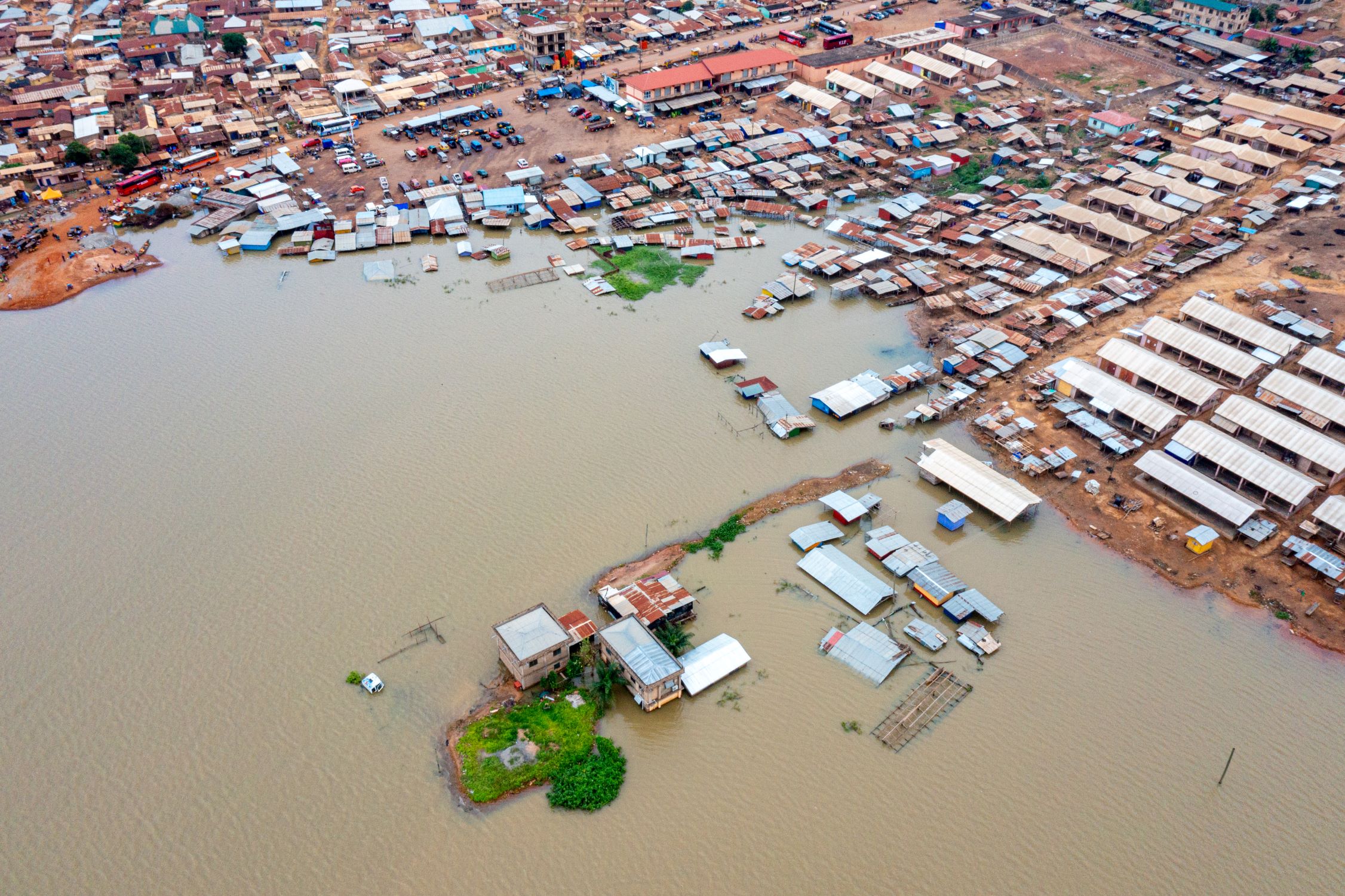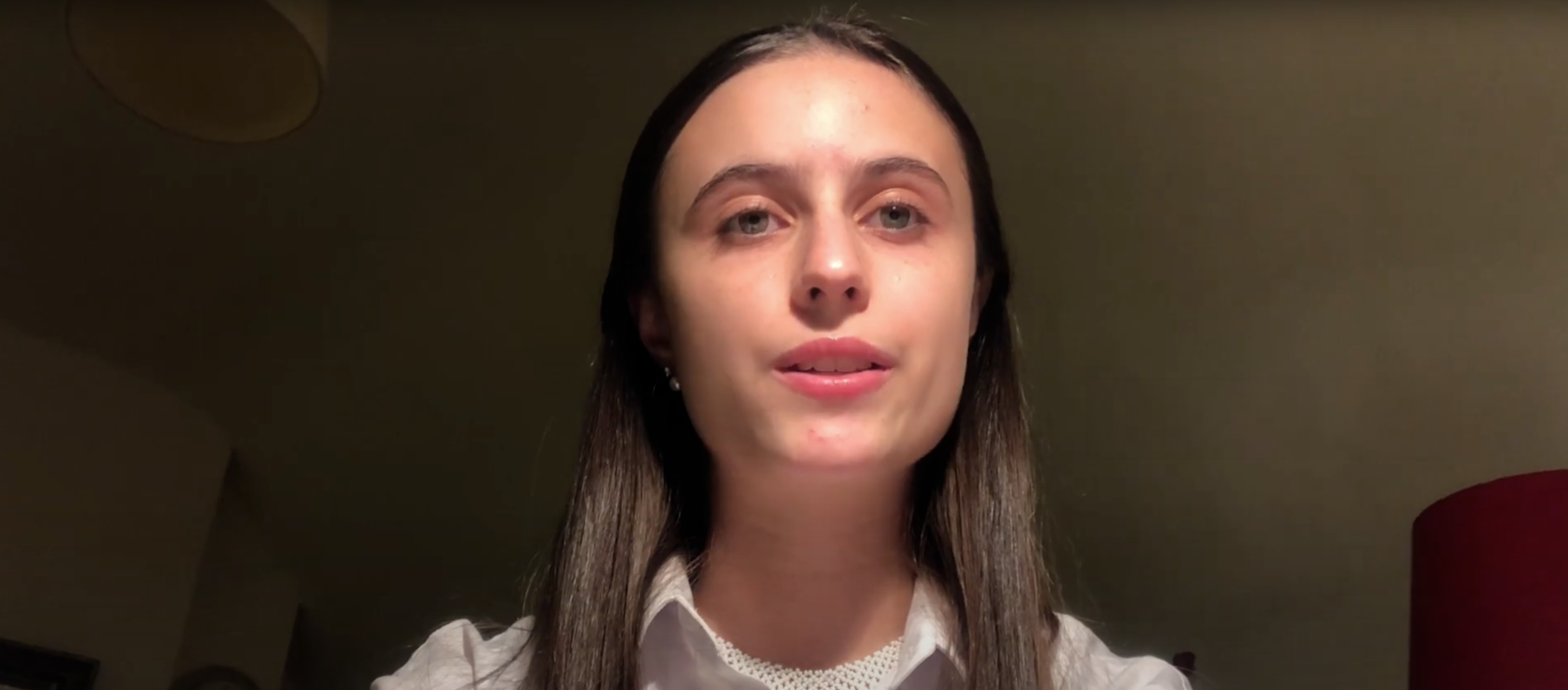Gaza braces for famine: Urgent actions needed to protect children’s lives
Press Release, 5 March 2024 – More than a million children will suffer life-long consequences on their mental and physical health unless an immediate end to the hostilities can be reached in the conflict in Gaza, warns humanitarian agency World Vision.
Gaza’s population is now facing high levels of acute food insecurity, and recent independent, apolitical Integrated Food Security Phase Classification (IPC) confirms a steep rise in child deaths from malnutrition, and in the next four months it is projected that as many as 70% of people will be facing catastrophic conditions.
As we mark six months since the horrific attacks of 7th October, World Vision remains extremely concerned about the immediate and life-long consequences on children across the middle east, whose lives are being shattered as they bear the brunt of the impact. Exposure to conflict and violence is risking their mental health and many face severe psychological distress, while violence and restrictions in villages and schools is impacting children’s access to healthcare and education, and high numbers are being displaced.
Fola Komolafe MBE LD, World Vision UK CEO said: "As the days unfold amidst this ongoing conflict, our hearts and prayers are with the children across the Middle East, whose lives have been shattered by six months of relentless pain, violence, and unimaginable suffering, they are bearing the heaviest burden. In this critical moment, there is no time to waste. It falls upon global leaders to pursue an immediate and lasting peace. All parties must prioritise the safety, security and well-being of all civilians, especially children, and to ensure lifesaving aid can reach them.”
Eleanor Monbiot, World Vision, Regional Leader, Middle East Eastern Europe said: “If the conflict ended today and humanitarian access is granted, the risk of famine will not disappear for Gazan children. It will be too late for many families who are already going multiple days and nights without food and the numerous children suffering from acute malnutrition, if they do not immediately start receiving lifesaving food assistance and access to basic services. Beyond this, children in Gaza and across the region are at risk of never knowing a normal childhood if they continue enduring the indirect impacts of the hostilities, displacement and movement restrictions, such as acute hunger and preventable health issues as well as increased stress and other mental and emotional health issues.”
What is happening is a humanitarian tragedy that has already had terrible consequences for children in particular, who have been largely overlooked in this crisis. The safety, security and well-being of all civilians, especially children, must be the priority for all parties. Children should not be victims of a conflict that is no fault of their own. They have a legal right to protection. Hostages need to be reunited with their families. All international actors and those directly involved in the conflict must guarantee the protection of innocent children,” Monbiot adds.
Time is running out if we are going to save the lives of children who are living in the shadow of this crisis. Just one day of this inconceivable pain, let alone 180 days, is too long for any child to endure such unprecedented suffering. We continue to pray for lasting peace, as well as the end of all restrictions that are preventing food and lifesaving aid to reach the civilian population, especially children, their families and vulnerable groups.
ENDS
For more information, please contact: Karla Harvey at karla.harvey@worldvision.org.uk or phone +44 7889 631613.
Notes to editor:
- The entire population in the Gaza Strip (2.23 million) is facing high levels of acute food insecurity.
- More than half a million children living in occupied Palestinian territory (oPt)* are at risk of mental health issues due to the extreme exposure to conflict and violence they have witnessed and experienced.
- Two out of three villages supported by World Vision (65%) had been affected by more than one episode of violence a week in the West Bank by the end of January.
- Four out of five (79%) of World Vision-supported villages in the West Bank reported they cannot regularly access hospitals, ambulances are routinely denied movement through checkpoints, and individuals seeking care are denied passage through checkpoints to reach health-care facilities with documented cases of loss of life due to access restrictions.
- Two-thirds of Lebanon’s population residing within 10 kilometres of the southern border have now been displaced. Most homes within this area have been severely damaged and agricultural lands contaminated and 60,000 children’s educations have been disrupted due to the closure of at least 50 schools. Girls and boys across southern Lebanon, including 3,000 children in World Vision-supported villages, are suffering from severe psychological distress due to the intensifying airstrikes and bombings.
* 532,152 children – assuming a prevalence of 22.1% in long-term conflict-affected populations (based on 20+ years of military occupation and conflict) per The Lancet and using the figure of 2,407,930 (44.6% children out of 5.43 million estimated population, including child deaths in Gaza as of 26 March 2024 and West Bank as of 20 February 2024).
World Vision does not operate in Gaza, but the organisation does deliver critical humanitarian assistance to vulnerable children and their families across the region, including lifesaving in-kind food and cash and voucher assistance; access to clean water, sanitation, and hygiene needs; psychosocial support to affected children and their families; and reducing/mitigating predictable humanitarian impacts from negatively affecting at-risk populations through anticipatory action and resilience building.
World Vision is a Christian humanitarian and development organisation dedicated to working with children, families and their communities to reach their full potential by tackling the root causes of poverty and injustice. World Vision and their partners are working in communities to improve families’ economic prospects, strength violence prevention and child protection services, and improve education systems.
World Vision serves all people, regardless of religion, race, ethnicity or gender.





